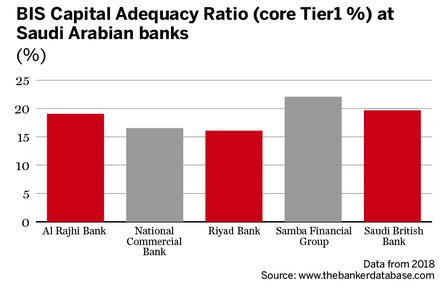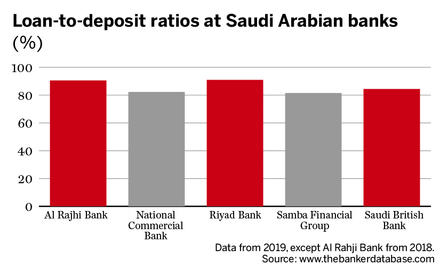The oil-dependent country faces a difficult period ahead, but is taking measures to prepare for the coming storm. Marie Kemplay reports.
On 20 March Saudi Arabia unveiled $32bn-worth of measures to support its economy as it grapples with the impact of falling oil prices and coronavirus disruption. Demand for oil has plummeted as more and more economies go into Covid-19 lockdown. An oil price war between Saudi Arabia and Russia has also seen markets flooded with excess supply.
Saudi Arabia has also taken tough measures to tackle the spread of coronavirus, including closing down malls, restaurants, public gardens and many workplaces, as well as imposing international and domestic travel restrictions.
At the same time as launching its fiscal support package, Saudi Arabia’s minister of finance, Mohammed al-Jadaan, announced that the country would be raising its debt ceiling from 30% of gross domestic product to 50%. However, he said, it will go to international debt markets “only when demand is strong and the cost is reasonable”. He also remarked that he believes the country has access to plenty of liquidity locally, including from its banks.
The kingdom’s banks are well capitalised, with all five of its largest banks having a BIS Capital Adequacy Ratio (core Tier1) of more than 16%. Its largest bank, National Commercial Bank, has Tier 1 capital reserves of more than $18bn. Its banks also have healthy loan-to-deposit ratios of between 81.48% for Samba financial group and 90.95% for Riyad Bank.
However, with the country’s economy still heavily dependent on oil and the global economy only at the start of a period of significant economic disruption, it is unclear exactly what the future holds.




